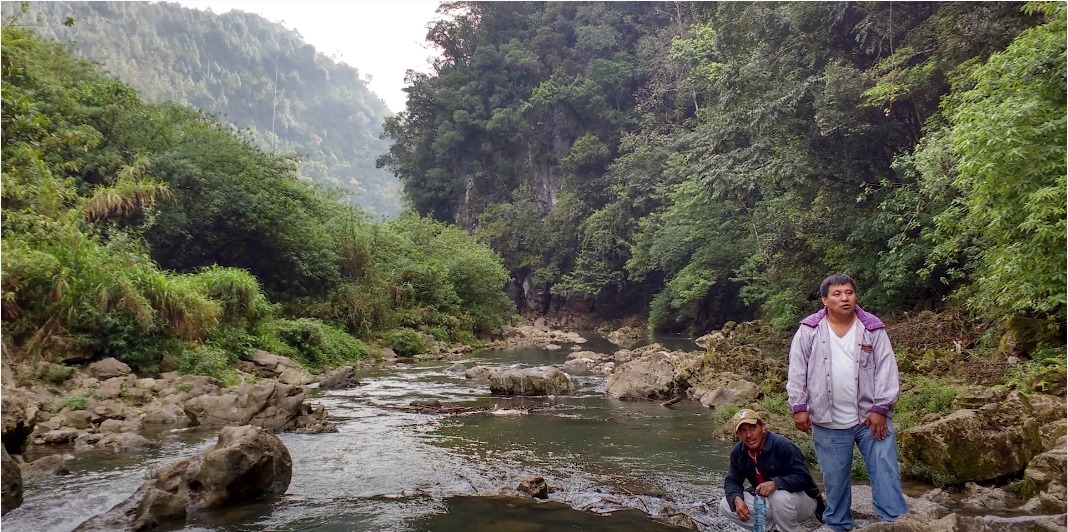By Maya Q’eqchi’ teacher and rights defender Bernardo Caal Xol
Indigenous Peoples face racism and discrimination in most countries. We have been stripped of our lands and evicted from them.
The powerful implement policies that leave us impoverished and obstruct all kinds of opportunities for human, social and professional development. Very few governments invest in education, health or infrastructure in communities where Indigenous Peoples are a majority. On the contrary, the total lack of state presence is noticeable.
Governments and economic powers continue to reduce our customs and ways of life to folklore, exploiting parts of Indigenous culture to attract tourism when it suits them.
States and extractive companies act in a racist and exclusionary manner when they implement projects or megaprojects that affect our communities, without respecting or complying with national laws or international standards on prior information and consultation. As Indigenous communities, we have ancestral wisdom and practice principles and values that guide us not to consent to the megaprojects or monoculture plantations that they want to establish in our territories.

In our cultures, we have always been taught, from generation to generation, about the love and respect that we must have for hills, valleys, rivers, mountains and forests, for the air that we breathe, the rain and other elements of Mother Nature. Any damage that we allow to be done to them is damage that is being done to ourselves. Therefore, we are the caretakers and guardians of Mother Nature in our territories. To us, it is an insult and a lack of respect when companies arrive to loot and plunder the natural resources that we have done so much to protect.
When we express our disagreement with the damage that these companies cause to Mother Nature or the environment, it is the state itself that represses us during protests, criminalizes us and uses or manipulates legal proceedings in order to imprison Indigenous leaders solely for defending human rights. There are many people imprisoned who are victims of delaying tactics in court proceedings in order to punish them by means of psychological torture.
I, Bernardo Caal Xol, of the Maya Q’eqchi’ People in Guatemala, am a guardian against the Oxec S.A. electric company, which has diverted and seized the Cahabón river, leaving thousands of families and living beings without access to the water they have used for centuries from the sacred river in our territory.
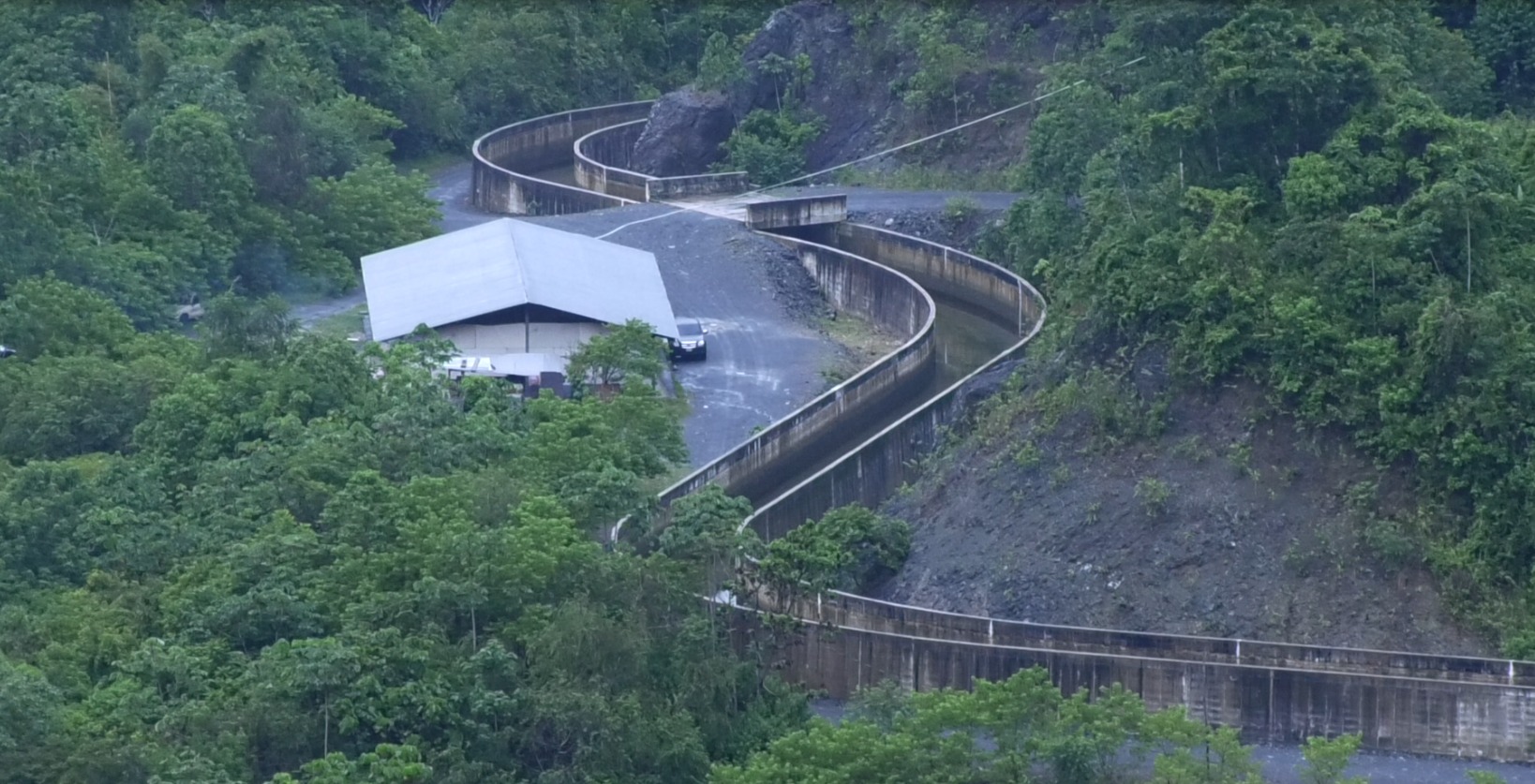
Together with the communities of Cahabón and Alta Verapaz, I denounced the violation of the right to information and consultation of the Q’eqchi’ People in the granting of environmental licenses and concession of the Cahabón river to the Oxec and Oxec II projects. I denounced the environmental crime of unlicensed logging of 15 hectares of natural forest – forests play a fundamental role in combatting climate change. I also denounced the construction of the hydroelectric plants, the illegal appropriation of national land and the deprivation of access to water of the Q’eqchi’ Indigenous inhabitants of the banks of the Oxec and Cahabón rivers.
I have been persecuted and criminalized for making these denunciations on behalf of my people. On 24 March I was released from prison having served a sentence based on crimes fabricated by companies and the state. This is how I witnessed and proved the way in which corporations co-opt state structures in Guatemala.
The state responded to our complaints and demands by imprisoning and torturing the representatives of Indigenous Peoples so that we would not reclaim our rights, mainly in regard to the implementation of megaprojects that do not benefit the majority. The electricity produced by the companies in my community is not for the Q’eqchi’ families, it is for commercial use in other countries, meanwhile our communities do not have electricity. Our families still use lamps, so we are certain the companies are stripping us of our natural resources.
Amnesty International carried out a comprehensive investigation into my case and in June 2020 declared me a Prisoner of Conscience, having determined that I was only defending the collective rights of my territory in a peaceful manner. Yet I was still wrongfully imprisoned for four years and two months.
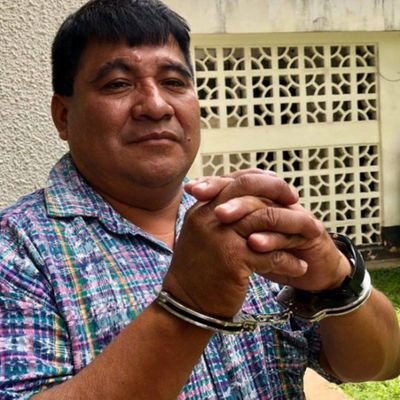
This 9 August, the International Day of the World’s Indigenous Peoples, I raise my voice to demand that governments around the world stop criminalizing our Indigenous brothers and sisters. They must respect the territories that we live in. They must respect the natural resources that we have protected, as we have been taught by our ancestors.
The right to self-determination of peoples and the right to free, prior and informed consultation remain the fundamental pillars of our existence and the construction of democracy in every country around the world. I therefore call for the work of human rights defenders around the world to be respected and protected.
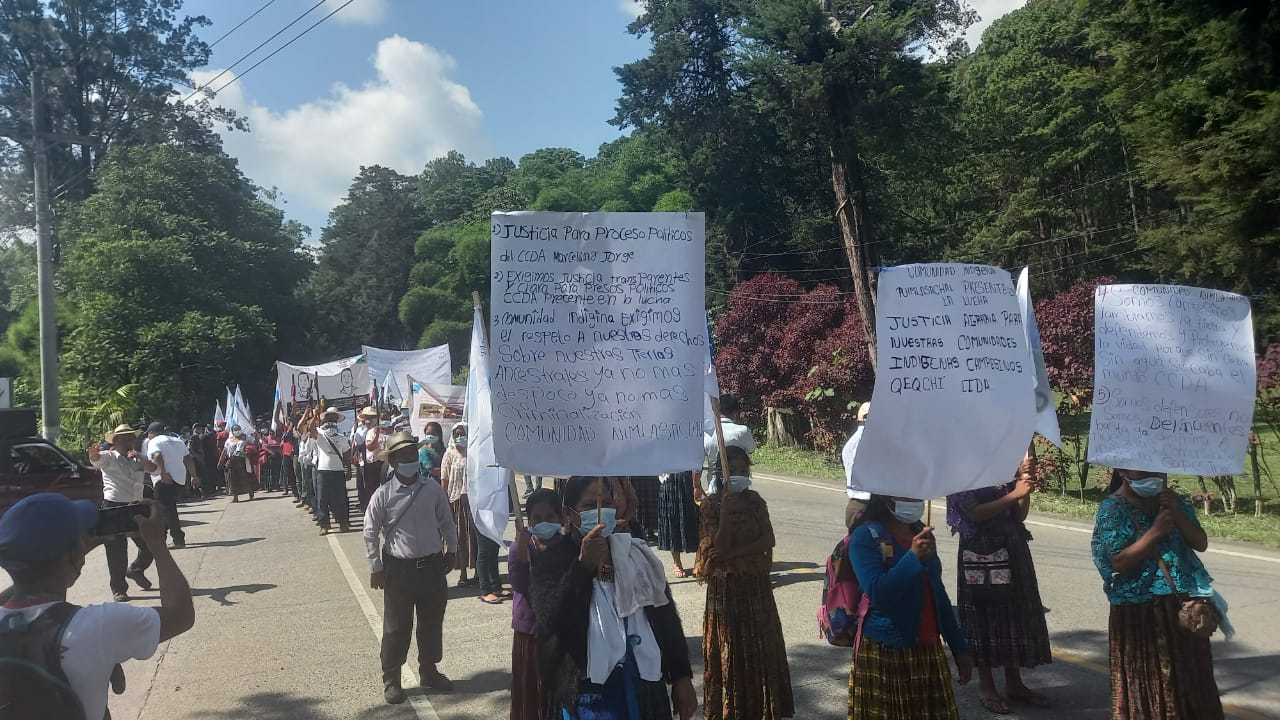
Likewise, I call on governments to enforce and respect international laws and agreements so that companies can be held responsible for the damage they have caused to Mother Nature, to the environment and biodiversity, particularly now that we are facing serious consequences due to climate change.
As Indigenous Peoples, we find ourselves in a very difficult situation. We are still struggling with COVID-19. We are those who are most vulnerable to the impacts of climate change. We continue to defend our territory against looting and pillaging. We continue to defend water, our rivers and forests. On a daily basis we continue to face the structural racism, patriarchy and colonization imposed on us by the state in every country we live in.
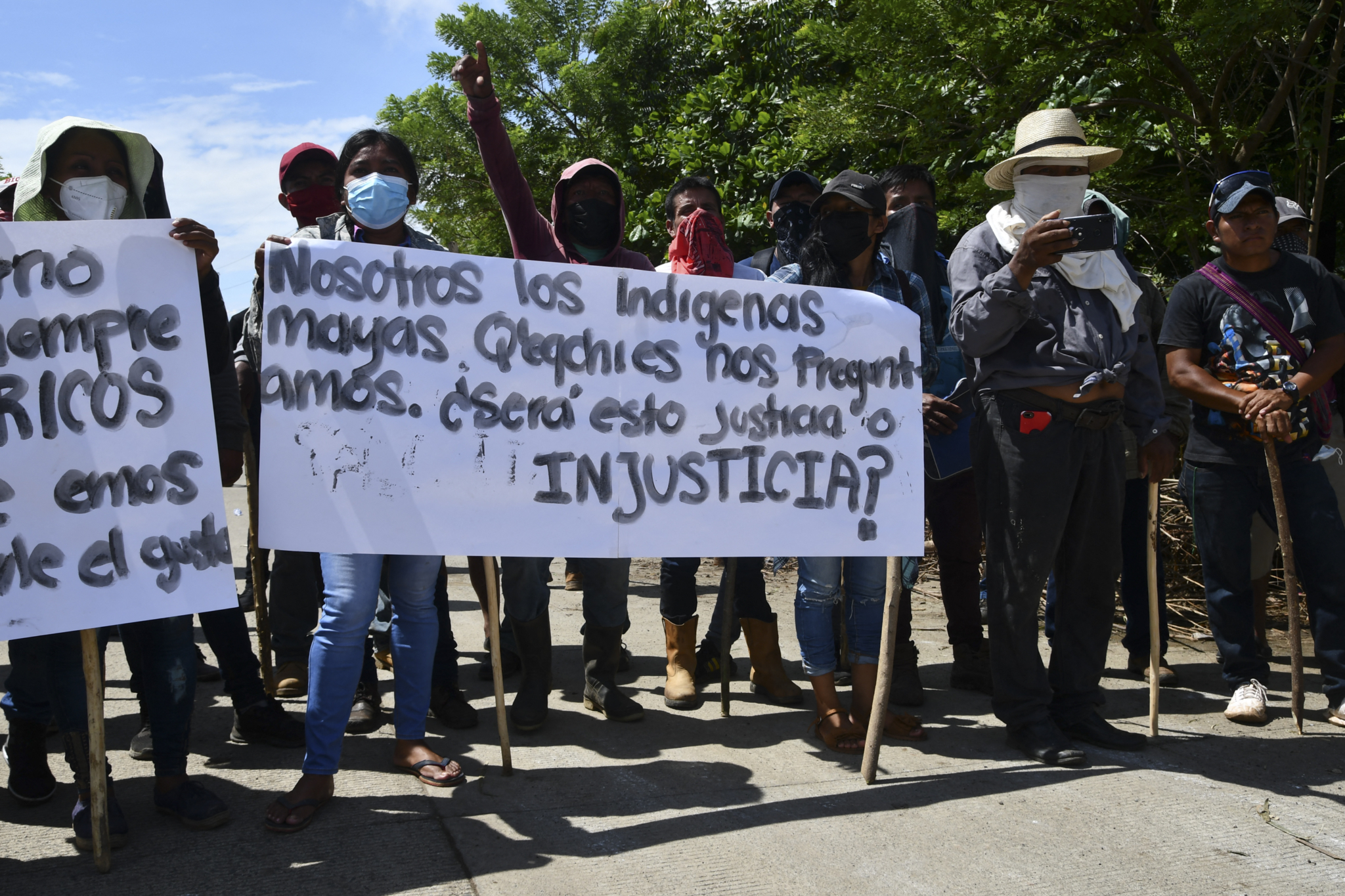
For all of the above reasons, every government in Latin America and the Caribbean must approve and sign the Escazú Agreement, an unprecedented regional treaty to guarantee the right to a healthy environment and protect the work that we do as defenders of the land, territory and environment. This is a matter of urgency.
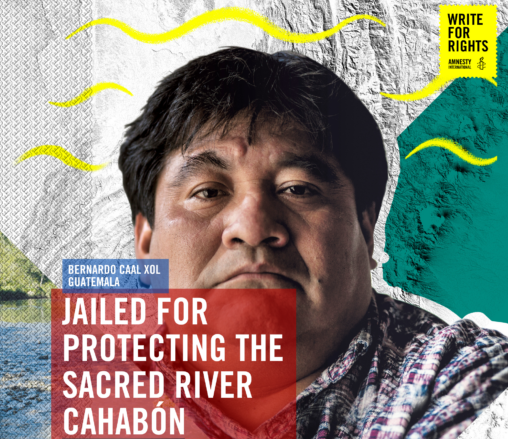
Bernardo Caal Xol’s case was featured in last December’s Write for Rights, an annual campaign by Amnesty International and the world’s biggest human rights event. In March 2022, Bernardo was freed from jail but the miscarriage of justice he suffered has yet to be redressed.












